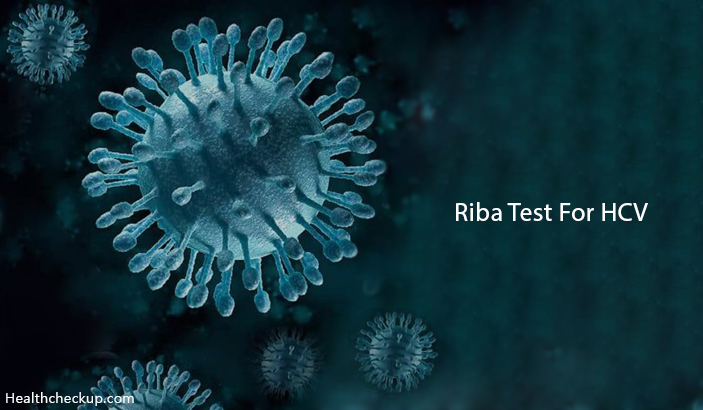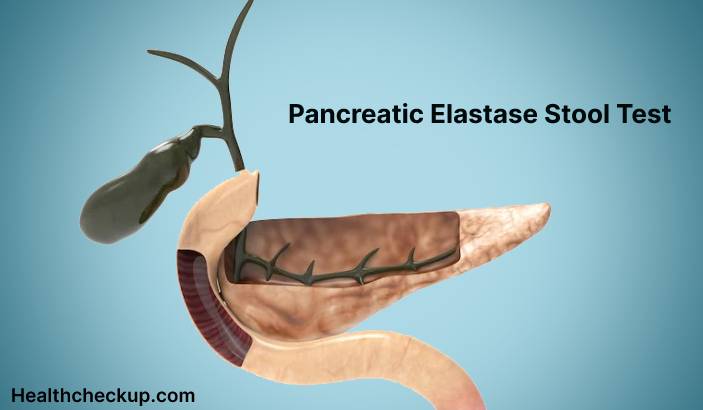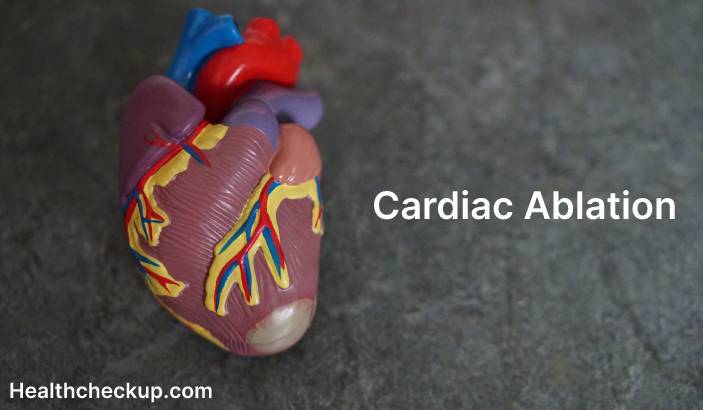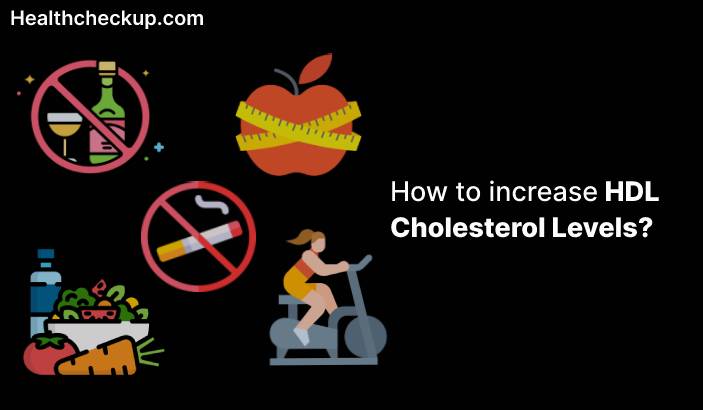Hepatitis C virus is also known as HCV. Hepatitis C is a disease which causes infection in the liver thus resulting in inflammation of the liver. HCV or Hepatitis C virus causes such infection. The Hepatitis C infection can either be chronic or acute. Till date, there is no vaccination for Hepatitis C.
The Hepatitis C virus infection is a contagious infection. This is primarily the reason why many people are infected with the disease. Some of the visible symptoms of Hepatitis C include
- Join pain
- Jaundice
- Dark Urine
- Fever
- Abdominal Pain or Discomfort
- Loss of Appetite
Such symptoms, though, might not show up front and can take up to six to seven weeks from getting infected to show. The only way to confirm the diagnosis of HCV is by undergoing diagnostic tests such as RIBA (Hepatitis C Recombinant Immunoblot Assay) test which confirms the presence of the hepatitis C antibody.
RIBA Test Principle
The RIBA test for HCV is primarily used in order to detect and determine the level of specific antibodies of Hepatitis C in the human body. The test, usually conducted on a small sample of blood usually drawn from the veins of a human being is subjected to specific procedures under the RIBA Test in order to find out whether the human body is making specified antibodies in order to target the Hepatitis C Virus and combat the same in order to prevent the human being from such disease.
The test can either yield a simple positive, intermediate and negative results. A positive result means the levels of antibodies in the human body is high while a negative result indicates that the level of antibodies in the human being is either normal or low depending on the number of antibodies detected in the test results.
In case the test reveals a positive result, this indicates that the human body has high levels of HCV antibodies. Such high levels of HCV antibodies needs to be further examined for the presence of the virus in the body. Such a test needs to be done as soon as possible.
When To Go For RIBA Test?
For various years, RIBA Test has been used successfully as a secondary confirmation test. This secondary confirmation test has been widely used in case the first line screening tests for HCV such as ELISA Hepatitis C Antibody Test returned a positive or an indeterminate test result. RIBA test is thus sometimes referred to anti HCV since it detects the levels of Hepatitis C antibody.
With the growing technological dependence and innovation, RIBA test has been gradually been discontinued for detecting HCV antibodies as other such screening tests have been found to be more accurate and sensitive as far as results are concerned.
RIBA Test Procedure
RIBA test is usually conducted on a small sample of blood from any human body. Such a blood sample needs to be drawn from the vein of the arm of the human being and is usually collected during regular routine blood tests conducted in the laboratory.
This Test is Usually Prescribed for those Individuals who are at high risk of Contracting The Disease such as
- People using injection drugs
- Baby boomers born between the years 1945 and 1965
- People who donate blood regularly since blood transfusions are potential sources of contracting Hepatitis C. A donor donating blood which tests positive for HCV antibodies would be rejected immediately and the donor would be instantly banned from donating blood for the lifetime.
The procedure for conducting a RIBA test followed the proper laboratory guidelines just like any other tests such as tests for Hepatitis B.
RIBA Test For HCV Results and Interpretation
The blood sample received for RIBA test is tested in order to detect the level of HCV antibodies in the human being from whom the sample is collected. The blood test can return the following three results
- Positive: A positive result indicates the presence of HCV antibodies to two or more antigens. This essentially indicates that the human being from who the sample has been collected either has an active infection or has come in contact with HCV at some point in his/her life. Such an individual is advised to undergo a follow-up test to confirm the infection.
- Indeterminate: An indeterminate result indicates antibodies to one antigen. This essentially indicates that the human being may have come into contact with HCV sometime in the past. The individual will still be advised to undergo a follow-up test to check in case there are any signs of infection at all.
- Negative: A negative result indicates that no antibodies have been detected specific for antigens. Usually, the human being is not advised any follow-up test though the doctor might still want to check for other signs of the virus in case the human being shown certain symptoms of an infection or if there is a possibility that the individual might have come into contact with HCV.
In case the test returns a positive result which indicates the presence of high levels of antibodies, this possibly is related to the presence of Hepatitis C Virus, either presently or in the near past, since the levels of antibodies increase in the blood in order to fight off the HCV virus in the body.
However, there have been instances where the level of antibodies in the human body has been detected to be high even though the HCV infection has been a matter of distant past. The level of HCV antibodies in the body’s immunity system can be high even if the virus isn’t active in the body any more. This increased level is maintained by the immune system of the body in order to fight off any HCV infection in the body in case the body is affected again. Such a body mechanism is known as the immunological memory of the human body.
Though RIBA Test for HCV has been discontinued as per the 2013 Guidelines from the Centers for Disease Control and Prevention, there are other tests to detect HCV viremia or the presence of HCV in the blood.
Medically Reviewed By

Samarpita is a dedicated freelance writer with avid experience in the space of health, she specializes in topics related to diet, nutrition, immune-related diseases, detection and prevention of diseases and taking a natural route to cure such diseases.








